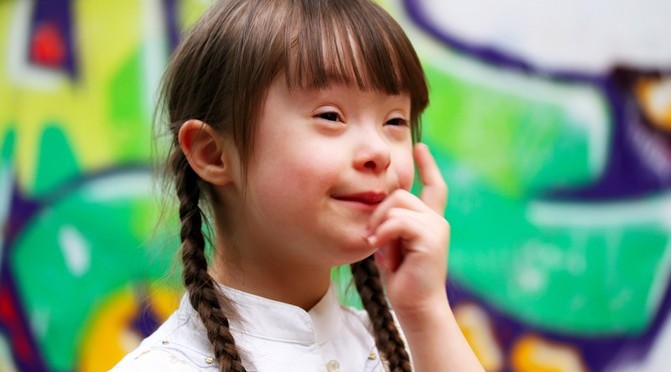Planned Parenthood and the ACLU slammed Indiana leaders Monday for striving to protect unborn babies with Down syndrome from discrimination.
Indiana Attorney General Curtis Hill asked the U.S. Supreme Court to hear his appeal and uphold a 2016 state law that prohibits discriminatory abortions based on an unborn baby’s disability, gender or race. Vice President Mike Pence, who was Indiana’s governor at the time, signed the law.
Planned Parenthood and the ACLU challenged the law in court, and on Monday, criticized the state for defending it, The Times reports.
“[The law] ignores long-settled precedent from the Supreme Court that a woman, not the Legislature, gets to decide whether an abortion is the right decision for her and her family,” said Ken Falk, legal director of the ACLU Indiana chapter. “The state’s request (for Supreme Court review) is yet another attempt by Indiana elected officials to take that decision out of a woman’s hands.”
If enacted, the law would ban abortion doctors from knowingly aborting an unborn baby solely because of a disability such as Down syndrome, the unborn baby’s race or sex. It also requires that aborted or miscarried babies’ bodies be cremated or buried.
Indiana was the second state to establish a safeguard to protect unborn children with Down syndrome and other disabilities. Eight states also prohibit sex-selection abortions prior to viability.
SUPPORT LIFENEWS! If you like this pro-life article, please help LifeNews.com with a donation!
Here’s more from the report:
Christie Gillespie, Indiana Planned Parenthood CEO, said she is disappointed the state is continuing “to defend these unconstitutional and medically unnecessary abortion restrictions.
“By appealing to the Supreme Court, the state of Indiana is trying to not only chip away at Hoosiers’ rights, but also threaten the rights of people seeking safe and legal abortion care across the country,” Gillespie said.
“If they truly want to reduce the need for abortion in Indiana, our legislators should focus on expanding access to affordable birth control and comprehensive sex education, not blocking patients’ access to care.”
Jane Henegar, Indiana ACLU executive director, said the state’s appeal to the Supreme Court is part of an “an assault on women’s constitutional rights being waged across the country.”
The lawsuit has been moving through the courts for years. The Seventh Circuit Court of Appeals affirmed a decision to block the pro-life law earlier this year, after a federal judge ruled against it last year.
Pro-life advocates hope the U.S. Supreme Court, which now has a conservative majority, will hear the case and uphold the law.
When a federal judge blocked the law in 2017, Mike Fichter, president and CEO of Indiana Right to Life, said the ruling would be devastating to children with disabilities.
He said Indiana’s largest abortion company, Planned Parenthood, will continue to be able to abort unborn children for the sole reason of the child’s sex, race, national origin or a potential disability like Down syndrome. Indiana abortion providers also will continue to treat the remains of unborn children as common medical waste.
“We are deeply disappointed that Planned Parenthood can discriminate against unborn children and target them for abortion,” Fichter said at the time. “It’s a shame that Planned Parenthood cares more about their bottom line than recognizing the worth of children with Down syndrome. No one should be targeted for abortion solely because of their sex, race, national origin or a potential disability like Down syndrome.”
A recent CBS News report shocked the nation with its exposure of the discriminatory abortion trend. According to the report, nearly 100 percent of unborn babies who test positive for Down syndrome are aborted in Iceland. The rate in France was 77 percent in 2015, 90 percent in the United Kingdom and 67 percent in the United States between 1995 and 2011, according to CBS.
Some put the rate as high as 90 percent in the United States, but it is difficult to determine the exact number because the U.S. government does not keep detailed statistics about abortion.








